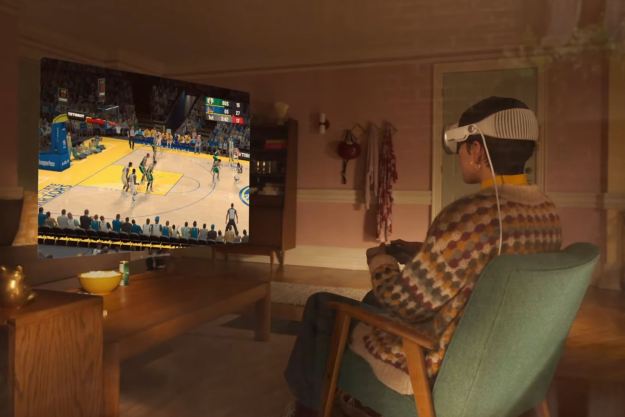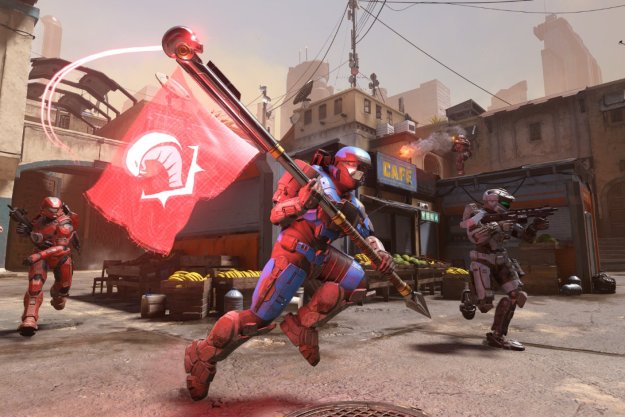Apple has filed a patent for a cloud gaming-type streaming service similar to Google Stadia, Xbox Game Pass, and PlayStation Now.
The patent filed in February was first spotted by Patently Apple and published internationally on August 14. It’s called “Enabling Interactive Service for Cloud Rendering Gaming in 5G Systems.”
Apple is currently getting ready to introduce 5G phones in October, so a move into cloud gaming with
“One potential use case for network controlled interactive service in fifth-generation (5G) wireless communication networks is cloud rendering game. Cloud gaming, (also known as gaming on demand) is a type of online gaming that allows direct and on-demand video streaming of games onto different computing devices through the use of a thin client,” the patent states.
The game would be stored, rendered, and executed on a remote server and streamed right onto a device, giving users access to the games without relying on the user’s own device.
“The controls and button presses from the user’s computing device are transmitted to the server, where they are recorded, and the server then sends back the game’s response to the input controls. Current 5G systems lack the capability to provide interactive services for cloud rendering gaming in efficient and optimal manners,” the patent said.
The patent also lists different ways to use the technology and how Apple would go about dealing with those situations.
For example, the patent states that “the cloud rendering gaming is an on-demand service. Efficiently and optimally managing network resources for provisioning the interactive service may require high-demand bandwidth and low latency, and as such, the 5G system may need a mechanism for access control and service authorization.”
Apple’s solution to this is an “interactive service subscription and service authorization to support on-demand cloud rendering gaming.”
The rest is fairly technical but mostly involves utilizing 5G technology in new ways to make sure the service runs as advertised.
Apple and gaming have been in the spotlight lately, as Apple and Epic Games have been battling over the cut Apple takes from developers in its App Store.
In the latest twist, Apple said it will cut Epic’s access to iOS and Mac development tools, a move that could have some serious consequences for Epic’s Unreal Engine.
Editors' Recommendations
- Qualcomm just made some bold claims about gaming on ARM PCs
- Helldivers 2 and Nightingale expose the issues all live service games face
- Apple Vision Pro gets three more surprise launch games
- Fortnite is coming back to iOS, but Epic Games still isn’t happy about it
- Apple eases App Store restrictions to allow game-streaming apps




